Bank of England raises interest rates for 12th time in 2 years to tame inflation
The BoE has again raised its benchmark interest rate by a quarter of a percentage point, which now stands at a 15 year record high of 4.5%.
Mere weeks after Andrew Bailey said the UK economy might have turned a corner; the Bank of England governor announced the following:
But let me be clear, inflation remains too high and it's our job to get it all the way down to the 2% target, and have it stay there.
And this is why today we've increased bank rate by naught point two five percentage points to four and a half percent.
Andrew Bailey, BoE Governor
The BoE has now raised interest rates multiple times, raising questions among economists, such as Professor Keith Pilbeam, regarding the efficacy of the move.
Well, today's interest rate rise is just another indication of the failure of the Bank of England to do its job earlier, had it raised interest rates well before it started raising them, and raised them more substantially, we probably wouldn't be headed to even higher rates down the road and, certainly, inflation would have been brought back under control.
Keith Pilbeam, Professor of Economics, City University, London
The rate rise will have consequences, economists say, for other sectors of the economy, such as the housing market where two and a half million Britons will soon have to renew their home loans at higher interest rates.
For months increases in wholesale energy prices, caused by self imposed sanctions over the war in Ukraine, were blamed for the unbridled inflation. Energy prices have since eased, but inflation hasn't.
What did Rishi Sunak do when he was Chancellor of the Exchequer? He borrowed well over 300 billion pounds, increasing the fiscal deficit to 15% of GDP.
How was that financed? It wasn't financed through tax rises; it wasn't financed through some sort of government cuts or anything like that.
It was financed purely by printing of money by the Bank of England, 300 billion in one go, raising the UK money supply from 600 billion to 900 billion in the space of one year.
Keith Pilbeam, Professor of Economics, City University, London
Rapidly rising inflation has seen grocery prices shoot up by up to 20%, the demand for food banks double compared to five years ago, and, months of public sector strikes for pay rises.
This is the 12th consecutive interest rate rise in less than two years, with the Bank of England leaving the door open for more hikes in the coming months. The question now is when will the bank hit the pause button?
Trump ally seeks role in sprawling US base project near Gaza
Maduro hails Iran as model in fight for international rule of law
Iran’s ‘unsinkable carriers’: How Persian Gulf trio islands shape deterrence in Strait of Hormuz
Two killed in Israeli strikes in southern Lebanon in latest ceasefire violation
Pro-Israel donor urges Trump to seek unconstitutional third term
Yemen's Ansarullah leader urges Muslim action after Qur'an insult in US
FM: Iran's ‘strategic partnership’ with Russia basis for multilateral order
Iran summons Cyprus ambassador over meddlesome remarks on its islands


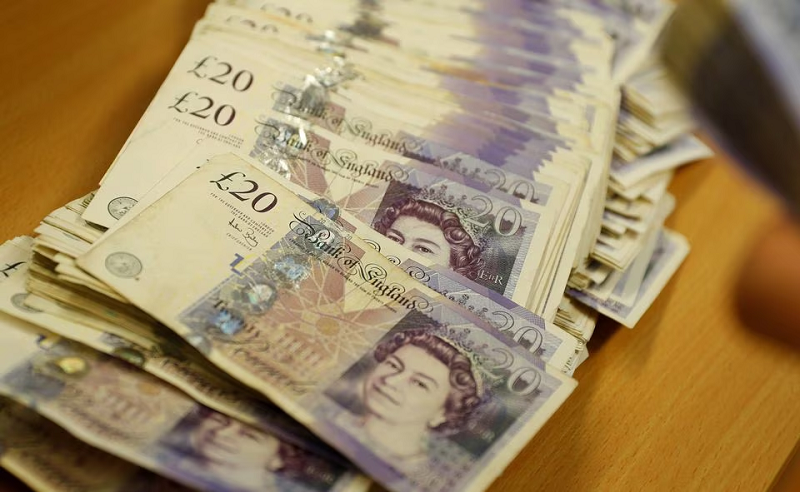
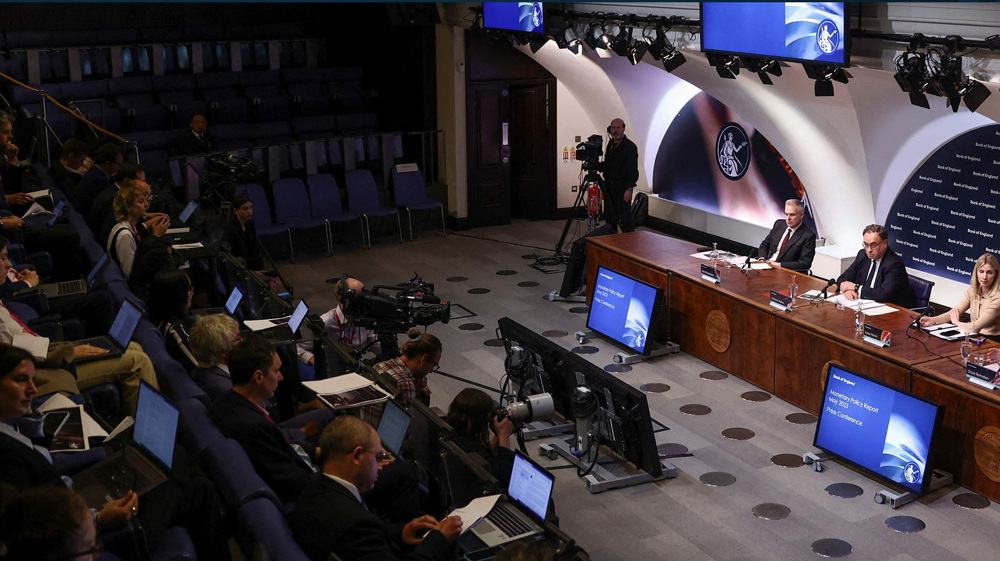
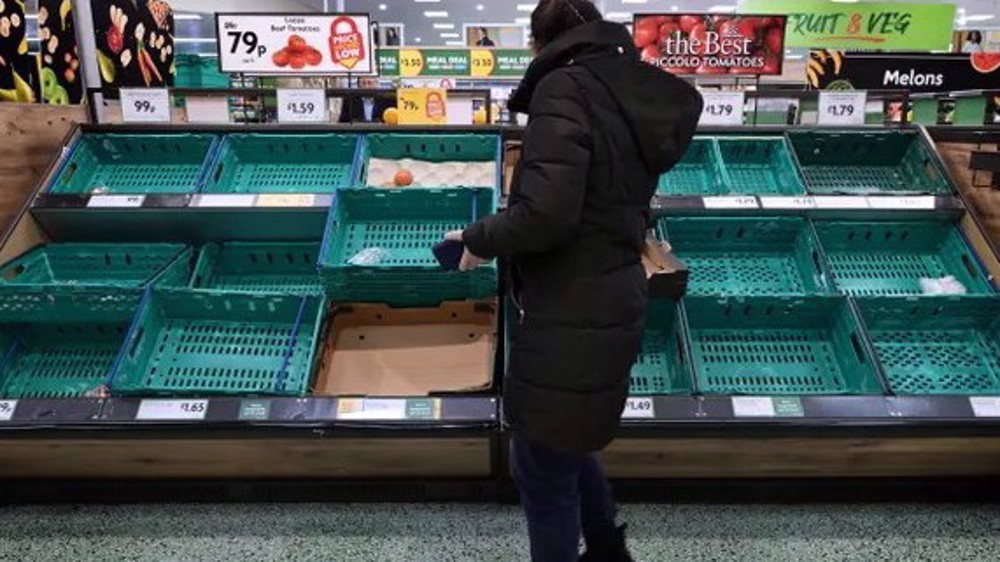
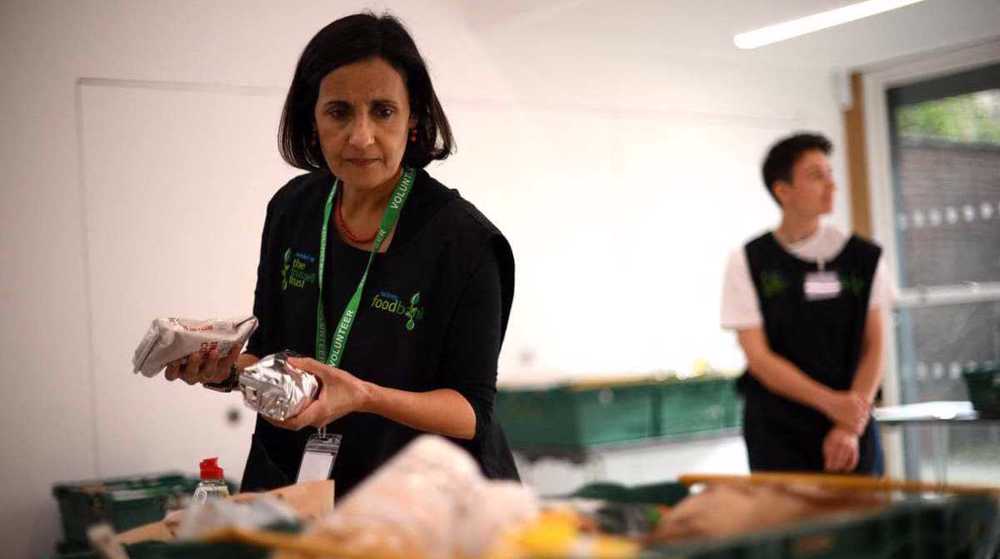
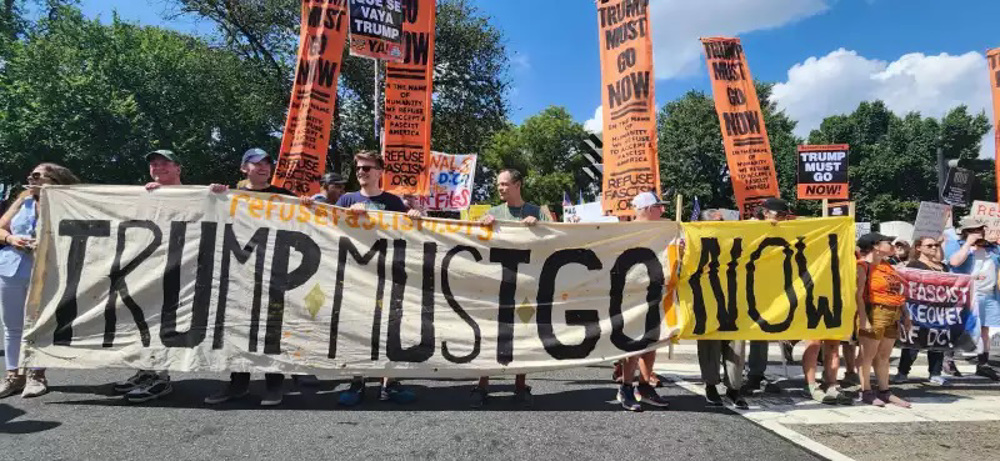





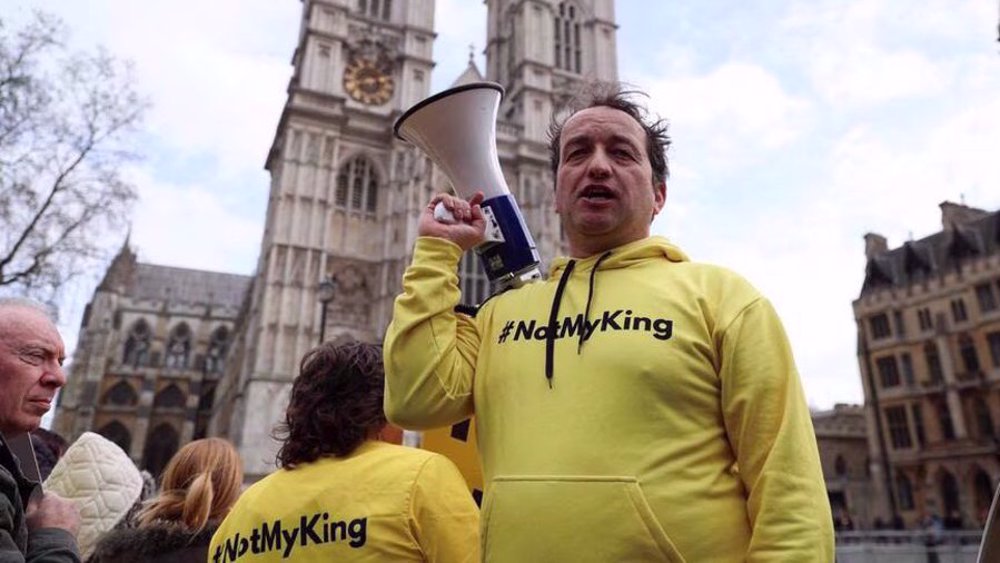

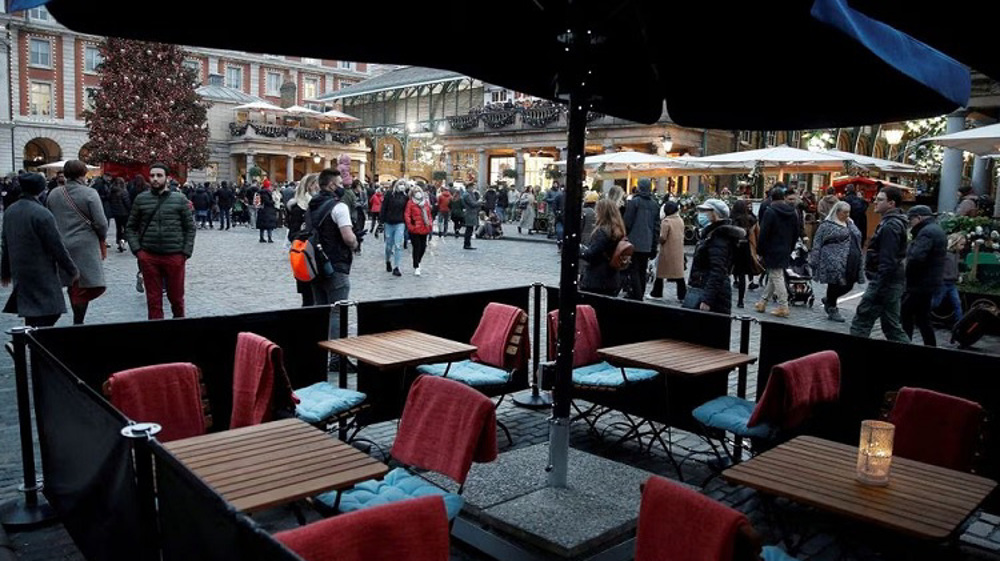
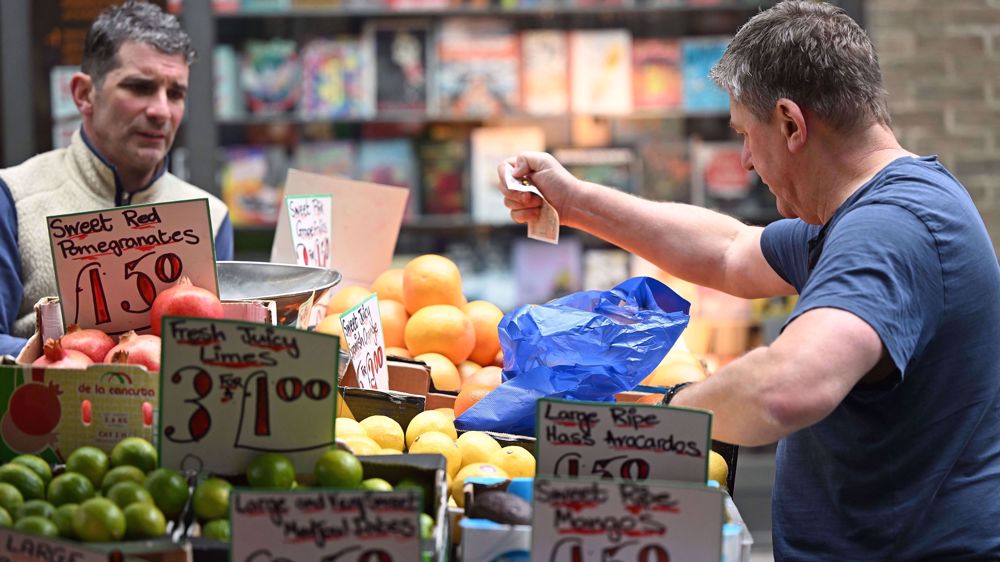
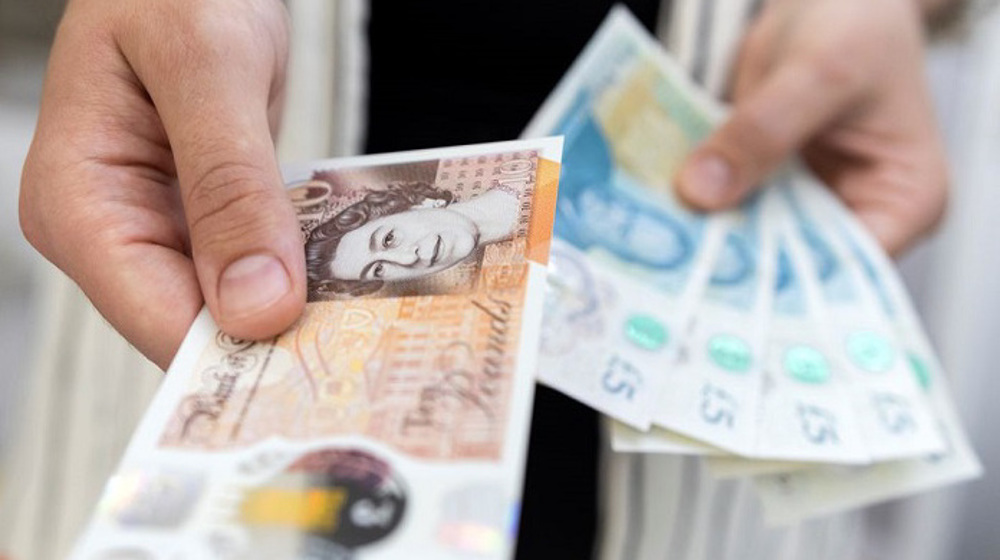

 This makes it easy to access the Press TV website
This makes it easy to access the Press TV website